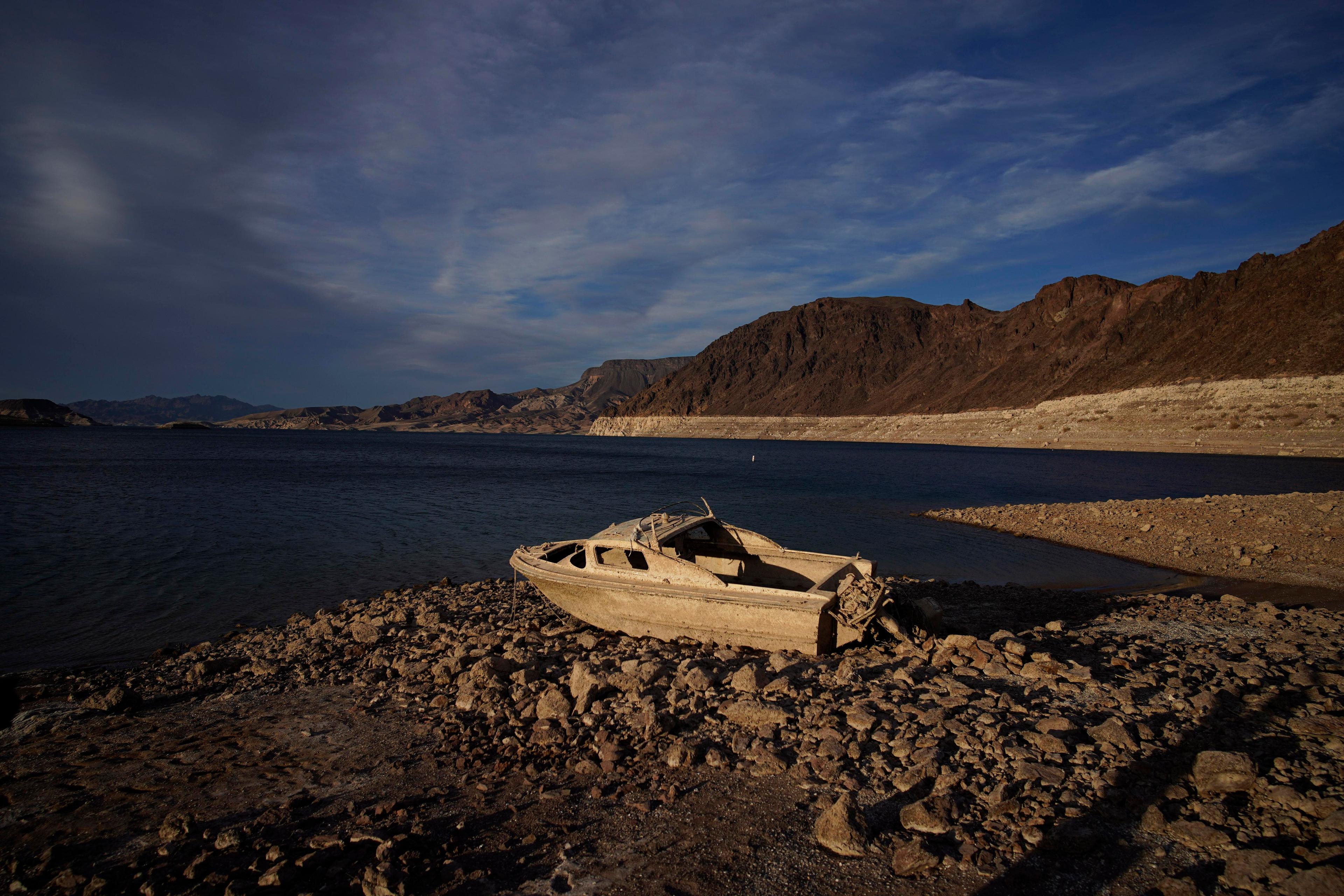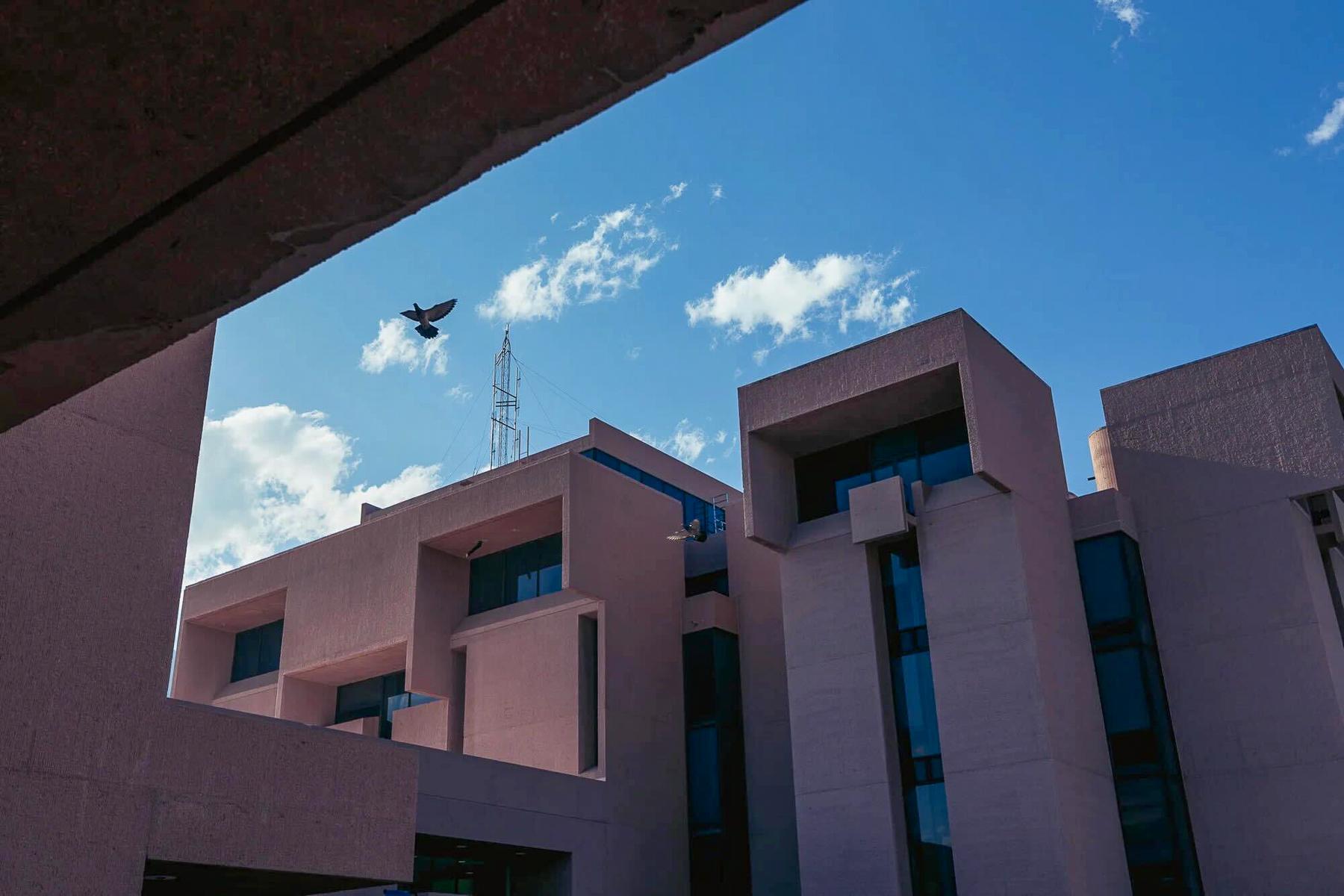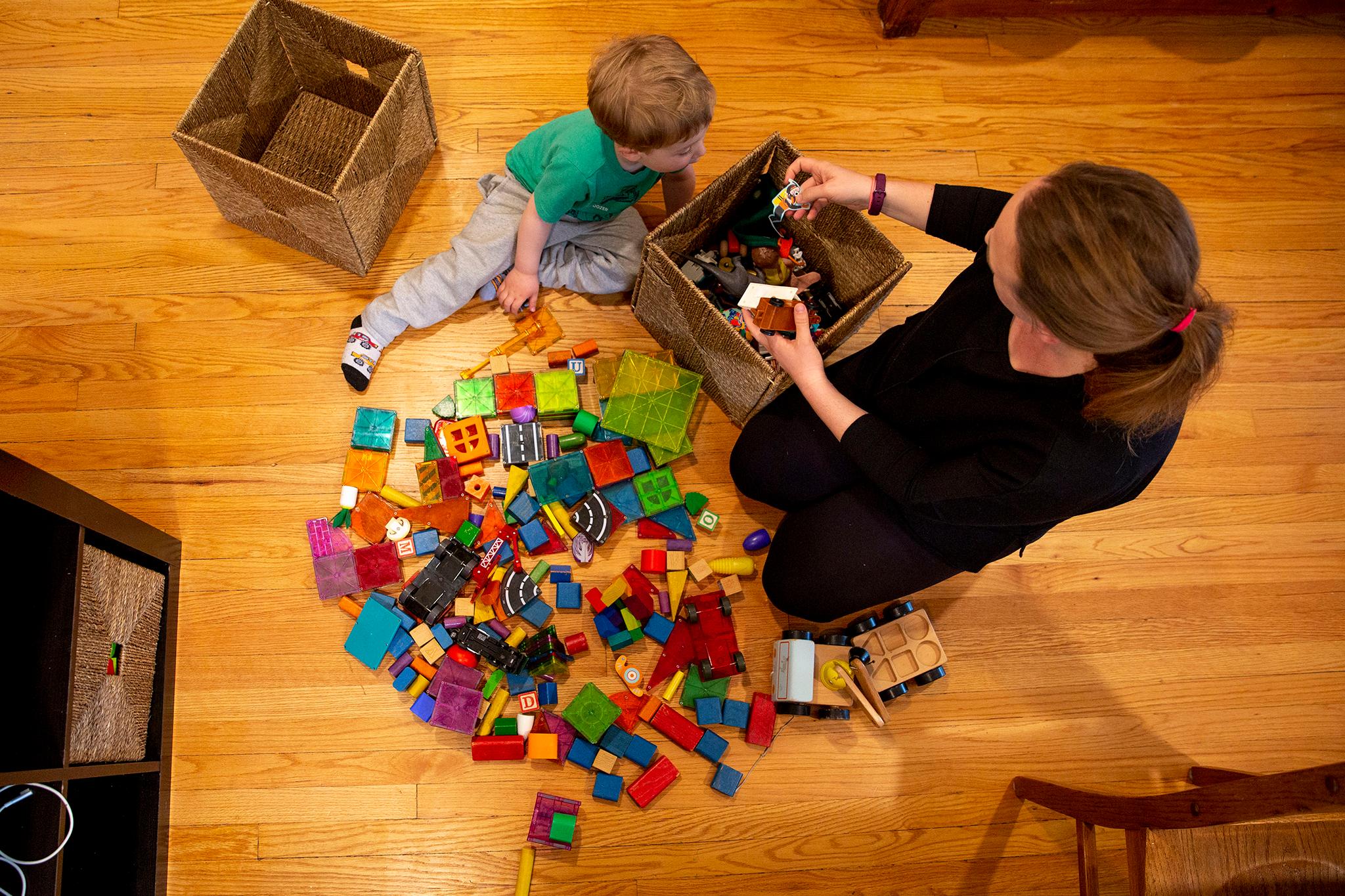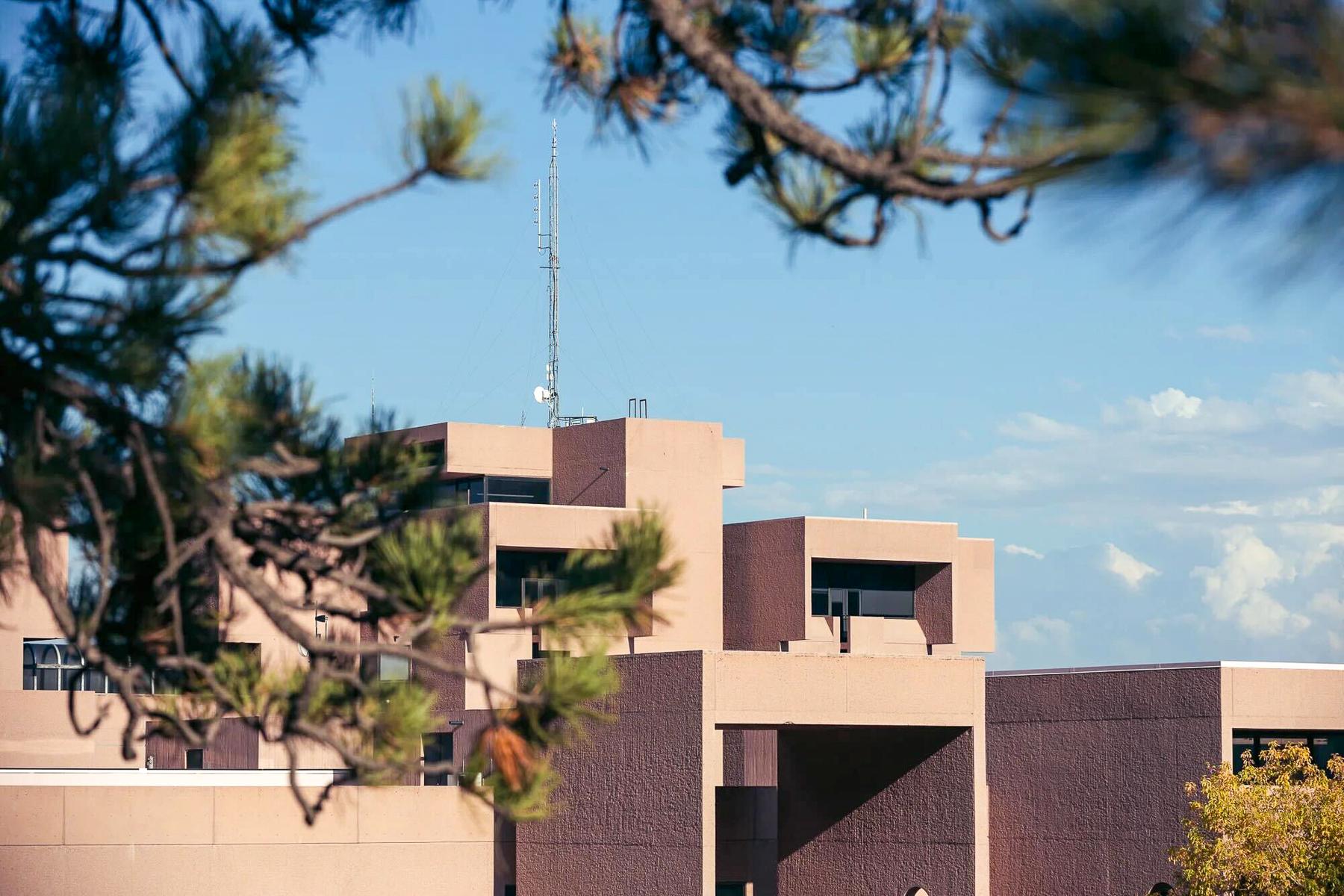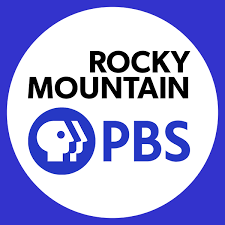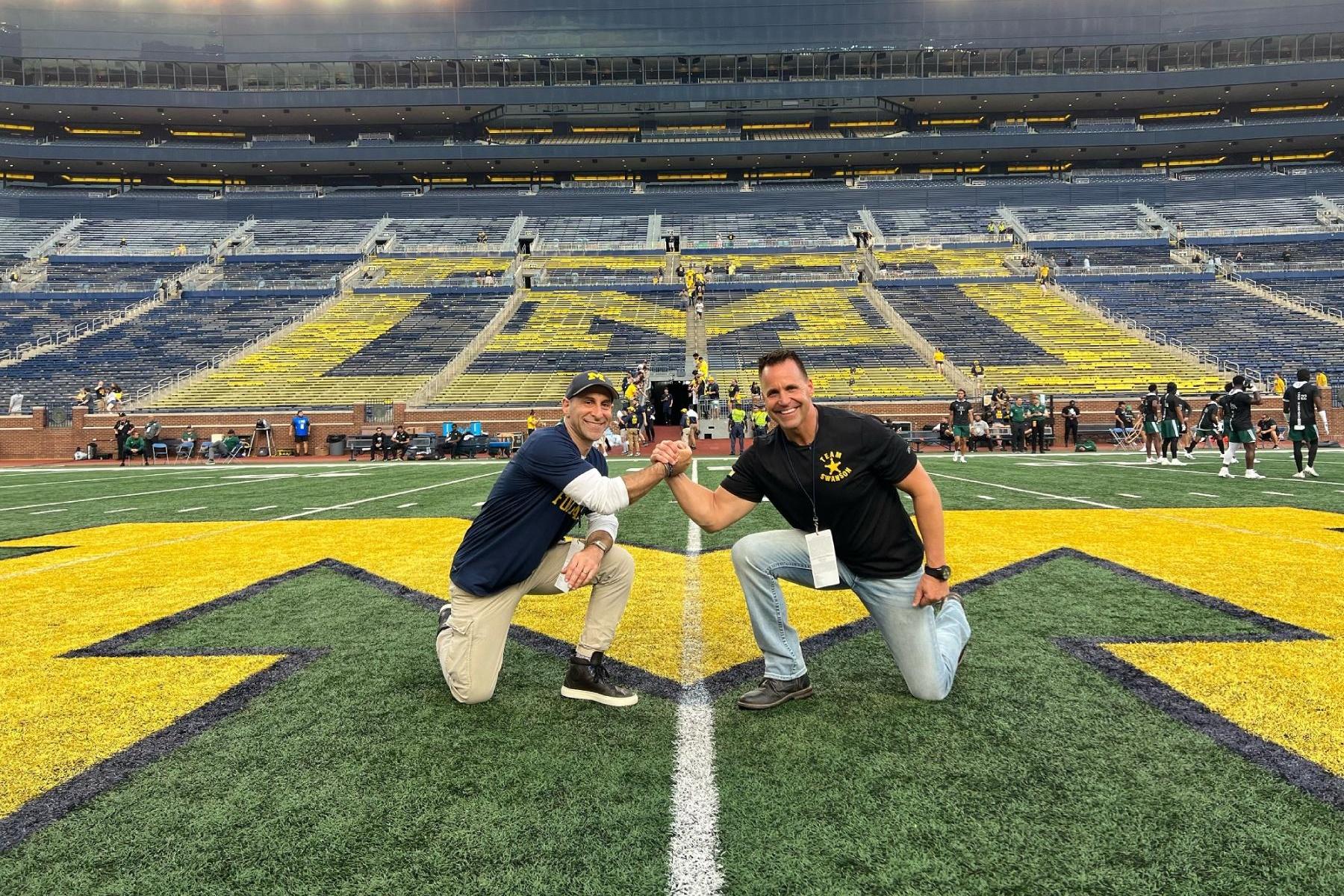
Adam Mizel, of Denver, is an optimist at heart. But in 2020, he found himself screaming at the news on TV. He was fed up — not at one particular media outlet or political party — but at all of it.
“And my wife, who is much smarter than I, said, ‘No one is going to hear you yelling at the television. What are you going to do about it?’”
Mizel, who was working in finance at the time, set out to answer that question. He was certain the divisiveness and vitriol he was seeing on TV weren’t representative of himself or most of America. And he no longer felt like donating to politicians or non-profits was enough.
Mizel’s soul-searching was the catalyst for US United (pronounced “Us United”), a non-partisan organization that challenges Americans to step out of their bubbles and ask questions of those who may think differently.
It’s not exactly a new idea: groups like Living Room Conversations, Braver Angels and The Better Arguments Project take different approaches to bridging political, economic and racial divides.
Mizel said US United’s focus is on creating a brand for unity that is culturally relevant and “cool” and offers practical tools to de-escalate conflicts and create connections. The group’s efforts include its online Unity Pledge, where signers commit to seeking unity over division and recruit more signers online and through word of mouth. US United holds monthly "30 For US" calls where participants are placed in an online video group with a handful of people from around the country and given topics to discuss. And the group has produced a media campaign highlighting its activities and those of everyday Americans.
US United has also recruited sheriffs from around the country — in both red and blue states — a group it believes is uniquely situated to spread its unity message. The effort is spearheaded by US United’s co-founder, Sheriff Chris Swanson, of Genesee County, home to Flint, Michigan. It’s a city that’s faced divisions in the past, including a water crisis that began in 2014, when officials failed to treat contaminated water, disproportionately affecting the water in Flint’s low-income neighborhoods.
Swanson received national attention for his appeal to protestors in Flint in the wake of the murder of George Floyd by a police officer — an appeal which went viral on social media.
After taking off his riot gear during the protests, Swanson told the crowd that Derek Chauvin, the officer who murdered Floyd, did not represent him or others in law enforcement.
“Don't think for a second that he [Chauvin] represents who these cops are from all over the county and around this nation,” Swanson told protesters. “We go out there to help people, not do that nonsense. We wanna be with y'all for real. I want to make this a parade, not a protest.”
As the crowd began shouting “Walk with us,” Swanson proceeded to join them.
Swanson believes US United is uniquely positioned to build personal connections not just between law enforcement and communities, but between any individuals who might think they have nothing in common. His advice is simple: Ask questions.
“When you ask questions, you see a perspective that can give you a whole new pathway to go,” Swanson said.
And he suggests simple, small steps. “I couldn’t bring George Floyd back from the dead. I couldn’t solve race relations in Flint, but what we could do is walk together.”
It’s among many reasons Mizel and Swanson joined together to found US United when the two met as guests on a podcast in Flint in November 2020. Mizel said during that trip, he visited Swanson’s offices and noticed something unique about the motto emblazoned on all of the Genesee County squad cars.
“The [cars] didn't say just ‘to protect and to serve,’” Mizel recalls. “He [Swanson] had added the words ‘and to Unify.’ That changes the entire job. And I said, ‘This guy is the real deal.’”
The two started talking about how to spread their message.
“And we’ve both been to D.C. and spent time there, and it isn’t there,” Mizel said. “We concluded that we have to find it in America.”
This summer, Mizel set out on an 8,000-mile road trip through the country, talking to people, with Swanson accompanying him when he could get time away from his sheriff’s duties. Mizel recalls one of the most memorable conversations he had with a woman in Montana selling MAGA t-shirts. The two started talking about what unity means, and the discussion moved on to immigration. At some point, the woman told Mizel she believed there were too many immigrants in the country — she singled out Arabs — who did not love America.
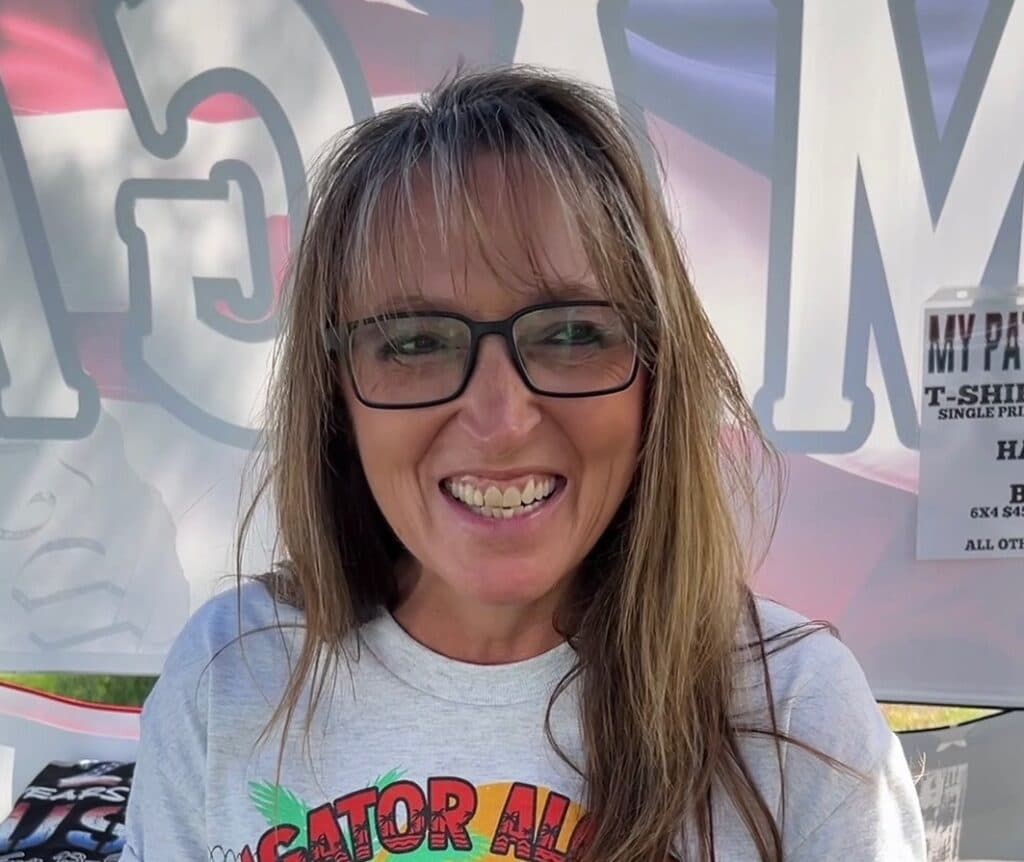
Mizel told her his experience had been quite different. He explained he’d been at a fundraiser in Michigan, attended by mostly Arab Americans.
“I told her that before the event started, every single person stood up in that room and sang the national anthem,” Mizel recalled. “I've been to lots and lots of fundraisers with lots and lots of white people. Never have I seen that.”
At the end of the conversation, the woman told him he’d changed her mind — at least a little bit. Mizel said he had countless conversations like that during his travels, since, he said, we are all storytellers at heart.
Mizel and Swanson aren’t naive enough to think that those interactions alone are going to transform the country, but they believe it’s a start.
“If you hear those stories, even if you change only 5%, at least it’s understanding the world's a little more gray than we sometimes think,” Mizel said. “I heard that in every state in the country from thousands of people I need hope. I need to know I'm not alone in thinking that unity is possible.”
The group is calling for a National Unity Day on December 13, where people wear purple – a symbolic mix of red and blue, and perhaps pick up the phone and bury the hatchet with a friend or family member they disagree with, volunteer and spread the word about the group’s unity pledge.
Mizel thinks another way for his group to forge connections is through sports and offering what he terms “unity seats” at professional sporting events. That’s where, for example, two families who don’t know each other, and who may be from different walks of life, get tickets and sit with each other..
“At the end of that, they're friends. Put 'em on the jumbotron,” Mizel said. “Then the message is, look at what Unity did. It got me two great seats to see the Lions or the Broncos. I didn't get that from division. I didn't get that from being mean and fighting with people. Those are the things that will make a big difference and change our culture.”
All of this takes fundraising from individuals and organizations and Adam Mizel admits it’s a lot of work. Still, he said, dozens of big movements in this country grew out of small, grassroots efforts, both political and non-political. He points to the Livestrong bracelets for cancer survivors, pink ribbons for breast cancer, and movements like Black Lives Matter and MAGA. He says the first step is to build a unified brand, which doesn’t exist right now.
Sheriff Chris Swanson said he’s seen people come together in unlikely times before, including during the George Floyd protests.
“Nobody got arrested, nobody got hurt, no businesses ransacked or burned. It's possible.”

